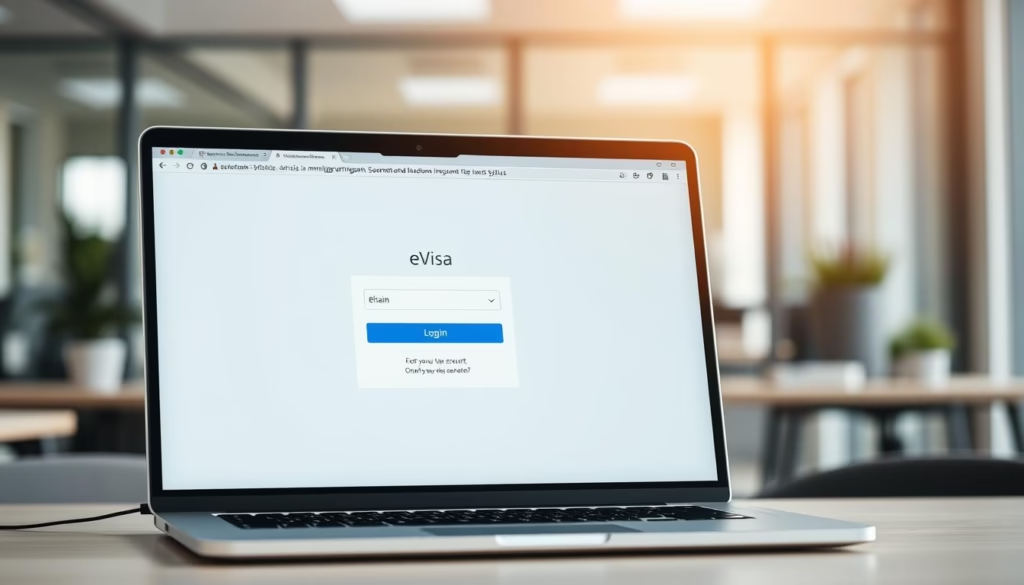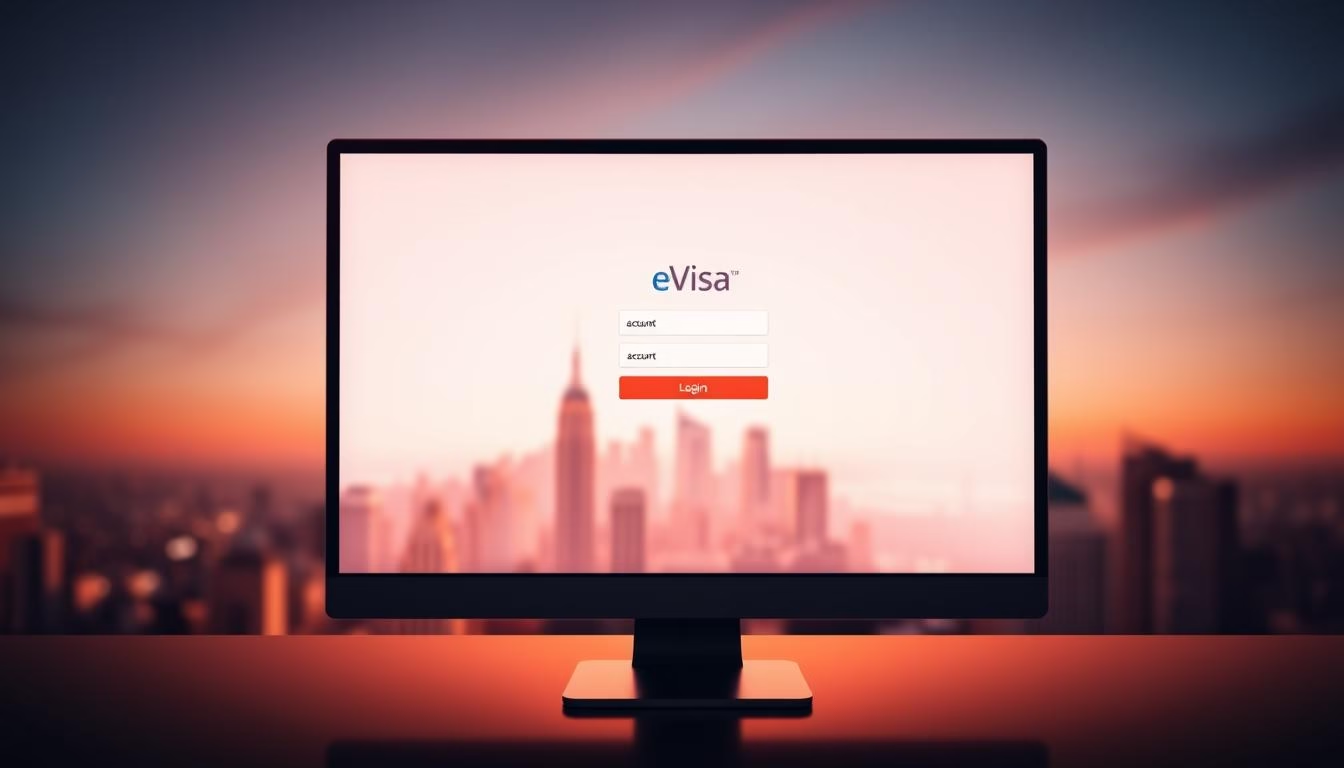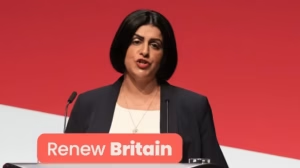Let me cut through the noise. An eVisa is the digital proof of your UK immigration status, held in a ukvi account instead of a plastic BRP. It does not change your permission to live or work; it simply moves the evidence into a secure system.
I’ll show how a ukvi account holds the key details you need: permission dates, linked documents and how to generate a share code for checks. Every person — even children — needs a separate account. BRP cards expired on December 31, 2024, so many people should create ukvi account records or link existing ones now.
Think of the account like a banking app for your residence rights. You still use a passport at the border, but employers, landlords and officials can verify your information with a short-lived share code. I’ll walk you through creating an account, linking a BRP or passport, and keeping things secure.
Key Takeaways
- eVisa replaces physical BRP evidence; permissions remain unchanged.
- Every person needs a separate ukvi account to hold their status details.
- Share codes last 90 days and let organizations verify your information quickly.
- Create ukvi account and link documents to view permission and prove residence.
- Keep a passport for travel; use the account for checks, work, and tenancy.
What the UK eVisa Is and Why It Replaces BRP Cards
Think of the move as replacing a stack of papers with a secure, government-held record. The change means most physical immigration items—BRPs, BRCs, passport stamps, vignette stickers and frontier permits—are now reflected in a digital eVisa. Legal permission to live or work does not change; only how you prove it does.
The switch follows the Digital by Default strategy. That approach improves security and cuts fraud because live records are harder to forge than a card or sticker. You also get instant access through a ukvi account with multi-factor authentication, which makes the system safer.
Key practical benefits:
- Digital records cannot be stolen or misplaced like a physical card.
- Employers and landlords can verify a slice of information via a short-lived share code.
- Checks are faster, with fewer paperwork errors and less manual admin.

From cards and stamps to a live record
Below is a quick comparison to show what changed.
| Old proof | Main drawback | New digital feature | Benefit |
|---|---|---|---|
| BRP card | Lost, stolen, or out-of-date | eVisa in ukvi account | No physical loss; live verification |
| Passport stamps/vignettes | Paper trail, manual checks | Verified data via share code | Faster checks, less admin |
| Residence permit / frontier permit | Subject to expiry confusion | Single authoritative record | Reduces identity and expiry errors |
| BRC or temporary stickers | Short-term, easily misplaced | Linked to account and reference number | Secure access and traceable audit trail |
Critical Dates and Eligibility: December 31, 2024 to 2025 and Beyond
The rules shifted overnight for BRP holders, but the rights did not. All BRPs stopped being valid evidence on December 2024, yet legal leave to remain continued unchanged.
If you had permission longer than six months or indefinite leave, you must move to an eVisa record in a ukvi account to prove residence and work rights. Short‑term visitors and British or Irish citizens do not need this digital proof.
- Key date: BRPs invalid for checks from December 31, 2024.
- Expired BRPs can still set up an account and generate share codes for up to 18 months after expiry (until June 30, 2026 for the 31/12/2024 cohort).
- If you lack a reference number, use the Request your reference service to finish setup.
“The card’s expiry affected proof, not permission — switch to the account so employers and landlords can verify you fast.”
| Situation | Do you need a digital record? | Action |
|---|---|---|
| Permission > 6 months | Yes | Create a ukvi account and link documents |
| ILR (indefinite leave) | Yes | Link to account to avoid checks issues |
| Visitor ≤ 6 months / British or Irish | No | Use passport for travel and checks |
How to Create a UKVI Account and Access eVisa Step by Step
Start by proving identity on the ID Check app; after that the rest of the setup is straightforward.
First, download the UK Immigration: ID Check app and follow the prompts to confirm identity. I walk people through this like we’re doing it together — it’s quicker than it sounds.
Scan a current passport if you have one. If not, scan a brp (it can be expired within the last year). You’ll be asked for a reference number — that might be a BRP number, a UAN, or a GWF number.
If you can’t find the number, use the “Request your reference” service during sign-up. If the app fails to scan, enter document details manually and retry.
- Link the eVisa once inside the account.
- Set a strong password and enable two-factor authentication for secure account access.
- If you proved identity at a VAC or Service Support Centre, you still need to create ukvi account to manage the record.
| Step | What you need | Typical time |
|---|---|---|
| Download ID Check app | Phone or tablet | 2–5 minutes |
| Scan passport or brp | Passport or BRP number | 1–3 minutes |
| Link eVisa & secure | Account credentials, phone for 2FA | 2–5 minutes |
After setup, test account access and generate a short-lived share code so you can prove your visa to an employer or landlord when needed.
Use Your UKVI Account to View and Prove Your Immigration Status
A quick trip into your account lets you produce a short code that proves rights without oversharing. Inside the ukvi account, the View and Prove service is the simple switch you need to show permissions safely.
Generate a share code for employers, landlords, and others
Click View and Prove to see your status, conditions, and end dates. When someone needs to check, generate a share code and hand it over. I treat a code like a permission slip — it gives limited access and nothing more.
What organizations see and how long codes last
Codes last 90 days. Employers view Right to Work details; landlords see Right to Rent. Banks or advisers get tailored information for the task at hand. Until the end of 2025, you can still use an expired brp to generate codes if the visa itself remains valid.
- Tip: Generate a code before interviews or signings and keep a copy on your phone.
- Check: Review the information shown and report any wrong dates or spellings to ukvi quickly.
Special Situations: Expired BRP, No BRP, EU Settlement, Refugees, and Children
Some records aren’t straightforward — expired cards, refugees, children — and they need special handling.
If a card has expired, don’t discard it. You can use an expired brp to set up a ukvi account and generate share codes for up to 18 months after expiry. For example, a card that lapsed on 31 December 2024 remains usable until 30 June 2026 to bridge the move to a live record.
No passport or brp to scan? Expect a video identity check and a biometric appointment. After verification, the Home Office will create an account and send a ukvi customer number so you can manage documents and prove residence.
If you fall under the EU Settlement Scheme, your pre‑settled or settled leave is already linked in a live account. BRC holders typically already have their record connected.
Refugees and people with humanitarian protection must not use a home‑country passport for verification. Use a biometric residence permit or follow the alternative identity route set by ukvi.
- Children: each child needs an account; parents can act as proxy and transfer control later.
- Lost or stolen card: report it first, then use reference services to continue setup.
- Complex histories: be ready to provide extra documents or attend appointments so records match precisely.
Traveling with an eVisa: Link Your Passport and Prepare Evidence
Travel plans go smoother when your passport and digital record match before you leave home. Sign into your ukvi account and confirm which documents are linked to the eVisa. Make sure your current passport is listed — that single step prevents most check‑in problems.
Before you book:
Check linked documents in the account
Open the ukvi account and review linked documents. If the passport is missing, add it and wait for confirmation.
If details look wrong, update them now. Mismatched data can stop an airline from letting you board.
At check‑in and the border
Carriers validate passport details against the eVisa record and may ask for a share code. At border control, officers read the passport and see the digital record.
Be ready to log into the account if asked. I also recommend a printed screenshot as a fallback.
Practical backups
Save a screenshot of the eVisa page, keep login details secure, and generate a general share code before you travel. Codes last 90 days and cut delays if connectivity is poor.
Refugees with alternative travel documents should carry that document and a share code for checks.
Right to Work and Right to Rent: Share Codes for Employers and Landlords
Digital checks change the handshake. Instead of photocopying documents, a person generates a short share code in their ukvi account and gives it to the checker.
For employers: use the online Right to Work checking service. The employer enters the code and the portal shows the person’s status, any work restrictions, and leave dates. This replaces manual document copying and reduces fraud.
For landlords: the Right to Rent service works the same way. Give a share code and the letting agent sees only what is needed for tenancy checks. The digital output creates a clear audit trail: who checked, when, and what was shown.
Employer Checking Service and verification flows
If someone cannot set up an account because they lack a passport or brp, employers can use the Employer Checking Service to confirm permission. Landlords can request a Right to Rent check via GOV.UK while the account is finalised.
Share codes last 90 days; generate a new one if a check happens later.
- The system gives precise information and reduces compliance risk.
- Students and part‑time workers: ask the checker to read any hour limits shown.
- If the portal shows incorrect dates or conditions, pause and report the error to ukvi so the record can be fixed.
Keep Your Details Current: Updates, Errors, and Account Recovery
Keep account details up to date so checks go smoothly when employers or landlords ask. I treat the ukvi account like a mailbox: if contact details change, update them quickly so you can view and share status without surprises.
Update passport, name, contact details, and linked identity documents
When you renew a passport, change your name, move house, or update a phone or email, log into the ukvi account and change the details right away.
If you used a brp to set up the account, add the new passport now. Keep the old document until the system confirms the new one—this can take a few weeks.
Reporting errors and contacting ukvi support
See an error on the record—wrong name, dates, or conditions? Report it via GOV.UK so the information is corrected at source.
If four weeks pass after an update with no confirmation, contact the UKVI contact center and have your reference number ready.
Recovering an account and assisted digital help
Lost account access? Use the recovery flow with the original email or phone number. If those changed, expect extra checks to verify identity.
Need help? The assisted digital service (We Are Group) supports people who lack a device, connectivity, or confidence with the process.
“Keep a current code and your login handy during updates; it smooths checks and prevents last‑minute stress.”
eVisa UK Guide 2025: Access Your Online Immigration Status — Conclusion
Here’s the quick checklist to keep checks fast and trouble‑free.
I’ll be blunt: the physical card stopped being evidence on December 2024, but permissions and leave remain the same. Set up a ukvi account, link a passport or brp, and practice generating a share code before you need one.
Keep a screenshot and a general share code for travel, work, or tenancy. If you lack documents, expect video or biometric checks and a ukvi customer number to finish setup.
Quick wins: log in monthly, update documents and contact details, and use assisted digital help if you get stuck. This system reduces fraud, speeds checks, and makes it easier to prove immigration status when it matters most.




1 thought on “eVisa UK 2025: Access Your Online Immigration Status”
I think this is one of the most vital info for me. And i’m glad reading your article.
But should remark on few general things, The web site style is wonderful, the articles is really excellent
: D. Good job, cheers